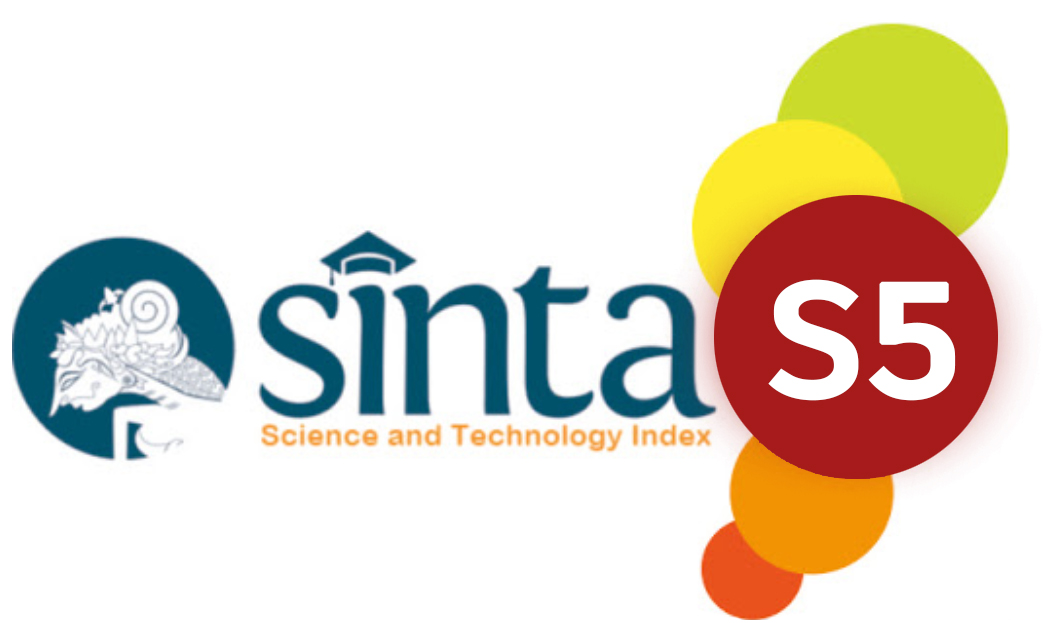PRAKTIK MONOPOLI PERDAGANGAN DAN IKHTIKAR DALAM PERSPEKTIF EKONOMI SYARIAH
DOI:
https://doi.org/10.61393/heiema.v3i1.193Keywords:
Monopoly, Market, IkhtikarAbstract
A monopoly is a less competitive type of market where there is no direct business competition. In a competitive market, equilibrium is reached when supply and demand meet at a mutually agreed price and quantity between seller and buyer. Both parties benefit from this transaction, and no losses are incurred as a consequence of the exchange.This research was conducted using a qualitative approach based on desk research. When analysed thoroughly, ikhtikar is not always the same as monopoly or hoarding. In the Islamic context, every individual has the right to engage in business, whether as the sole seller (or producer) in the market. Not all acts of hoarding can be termed as monopoly. The prohibition only applies if the monopolist controls a good with inelastic demand elasticity. A monopolist who controls a good with an elastic demand elasticity will suffer losses.
References
Adiwarman A., K. (2015). Ekonomi Makro Islam. Raja Grafindo Persada.
Al Arif, M. N. R. (2016). Monopoly and Ikhtikar in Islamic Economics. Shirkah: Journal of Economics and Business, 1(3), 299–310. https://doi.org/10.22515/shirkah.v1i3.37
Amalia, E. (2010). Sejarah Pemikiran Ekonomi Islam. Gramata Publishing.
Ardiani Aniqoh, N. A. F., & Hanastiana, M. R. (2020). Halal Food Industry: Challenges and Opportunities in Europe. Journal of Digital Marketing and Halal Industry, 2(1), 43–54. https://doi.org/10.21580/jdmhi.2020.2.1.5799
Dawud, A. (n.d.). Sunan Abi Dawud Juz II. Dar al-Kitab al-‘arabi.
Fatah, D. A. (2016). Monopoli Dalam Perspektif Ekonomi Islam. Al-Iqtishad: Journal of Islamic Economics, 4(2), 160–180. https://doi.org/10.15408/aiq.v4i2.2546
Katsir, I. (n.d.). Tafsir Ibn Katsir Juz III. Dar ihya al-Kutub al-‘Arabiyyah.
Majah, I. (n.d.). Sunan Ibn Majah Juz II. Dar al-Fikr.
Nodira, T., Xaydarov, B., & Zafar, Q. (2022). THE ROLE AND SIGNIFICANCE OF COMPETITION AND MONOPOLY IN THE ECONOMY. Journal of Academic Research and Trends in Educational Sciences, 1(11), 241–245. https://doi.org/10.5281/zenodo.7381536
Putra, W. (2011). Industri Ekonomi. Alfabeta.
Rosyidi, S. (2018). The Economics Of Ikhtikar. Airlangga International Journal of Islamic Economics and Finance, 1(2), 71–75. https://doi.org/10.20473/aijief.v1i2.20823
Taqiyudin, H. (2018). Al-Ikhtikar (Penimbunan Barang Dagangan) dan Perean Pemerintah Dalam Menanganinya Guna Mewujudkan Stabilitas Ekonomi. Muamalatuna: Jurnal Hukum Ekonomi Syariah, 10(1), 19–30. https://jurnal.uinbanten.ac.id/index.php/mua/article/view/1888
Wajni, M. B. N. (2016). Monopoli Dagang Dalam Kajian Fiqih Islam. At-Tahdzib : jurnal studi Islam dan muamalah, 4(2), 1–18. http://ejournal.kopertais4.or.id/mataraman/index.php/tahdzib/article/view/2369
Yahya, U. (2016). Konsep Pendidikan Anak Usia Sekolah Dasar (6-12) Tahun Di Lingkungan Keluarga Menurut Pendidikan Islam. Islamika : Jurnal Ilmu-Ilmu Keislaman, 15(2), 227–244. https://doi.org/10.32939/islamika.v15i2.50
Yasmansyah, Y., & Sesmiarni, Z. (2021). Metodologi Ekonomi Islam. IQTISHADUNA: Jurnal Ilmiah Ekonomi Kita, 10(2), 225–237. https://doi.org/10.46367/iqtishaduna.v10i2.424
Yusanto, M. I. (2016). Menggagas Bisnis Islami. Gema Insani Press.
Downloads
Published
How to Cite
Issue
Section
License
Copyright (c) 2024 Aniq Akhmad Ali Bawafie, Muslimin Kara, Muhammad Wahyuddin Abdullah, Bukhari Bukhari, Ahmad Zikri Dwiatmaja

This work is licensed under a Creative Commons Attribution 4.0 International License.
























